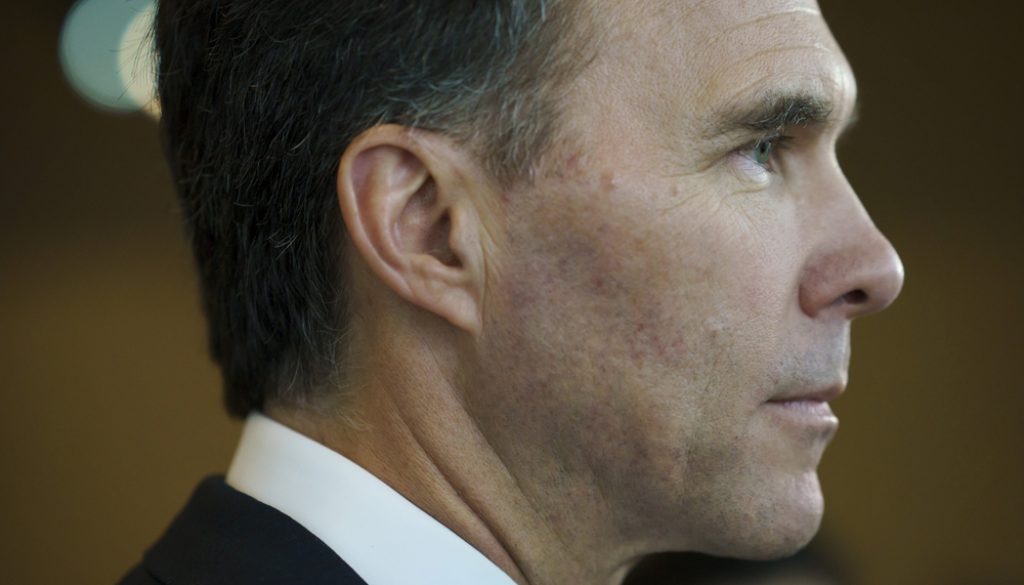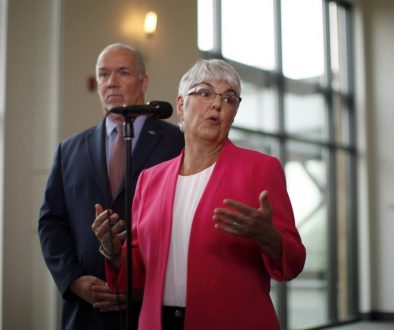Replace the term ‘open banking’ with ‘consumer-directed finance,’ committee recommends | Financial Post
An advisory committee has recommended the federal government take steps to enable open banking in Canada, but also proposed the term should be replaced with the potentially less-confusing “consumer-directed finance.”
Finance Minister Bill Morneau on Friday released the findings from the first phase of a review by an advisory committee he launched in 2018 to study the merits and risks of open banking.
The report proposes the term “consumer-directed finance” be used instead of open banking, as it said the latter “is often misunderstood; as for some, it leaves the impression that their banking information would be laid out in the open, with little consideration for personal privacy rights.”
The Financial Post last year reported on public-opinion polling done for the federal government that found none of the people being surveyed knew about open banking, or had heard of it at all. Furthermore, the polling found people disliked the term, as it made them imagine their information would be made public.
“This is not at all what is being contemplated,” Friday’s report said. “Consumer-directed finance is consumer controlled, secure and protects privacy. It allows a consumer to give instructions to a financial institution to share their transaction information with an accredited third party of their choosing.”
The committee’s description of consumer-directed finance is essentially the same as that used for open banking, wherein third parties could have data shared with them that they could use to design products and services. Open banking could encourage more account-switching as well.
There are a number of other recommendations in the report, including “that the Government move forward to enable consumer-directed finance,” guided by principles such as consumer choice.
A significant amount of data sharing is already undertaken in the market through inefficient technological workarounds that present liability and security risks for all
“It is an opportunity to position Canada’s financial sector to compete effectively in the data and digitally powered world, and to do so in a way that puts consumers first,” the report states. “There is no going back. A significant amount of data sharing is already undertaken in the market through inefficient technological workarounds that present liability and security risks for all.”
The committee says there is a role for the government to spur the move toward consumer-directed finance, and that it should announce “a bold, clear and concrete timeline for delivering consumer-directed finance.”
Canada’s progress on open banking has been gradual, and the government announced Friday there will be a second phase the advisory committee must work on that will be focused on data security in financial services. Those findings will be sent to Morneau later this year, a release said.
Experiences with open banking in other countries, however, suggest one or two years would be reasonable as a time frame for ushering in consumer-directed finance, the report said.
A Senate of Canada report committee released last June also pushed the federal government to move ahead with an open banking framework. The report cited data from the Department of Finance Canada, which estimated nearly four million Canadians were using “screen-scraping” smartphone apps to access financial data, but also possibly increasing their risk of identity theft and fraud.
Although Canada’s big banks have not warmed to open banking the same way some fintechs have, the report also said the consultations “affirmed that consumer-directed finance should not be approached as a fight between industry stakeholders.”
Financial Post
This content was originally published here.




